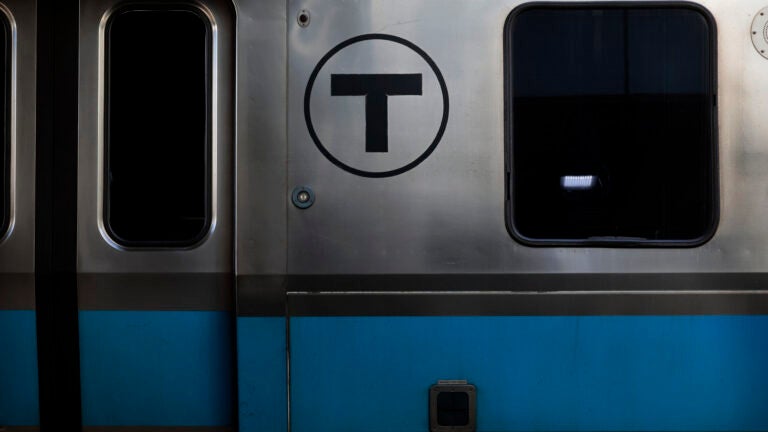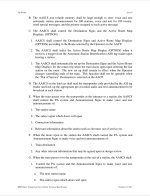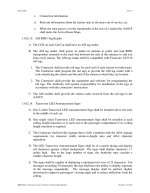cubbe8
Active Member
- Joined
- Mar 18, 2022
- Messages
- 330
- Reaction score
- 562
…

 www.universalhub.com
www.universalhub.com

Now we really know the E Line is never getting back to Arborway
HorselessAge watched a crew digging up and removing the trolley tracks that once carried the E Line down Centre Street on its way to Forest Hills. Read more







